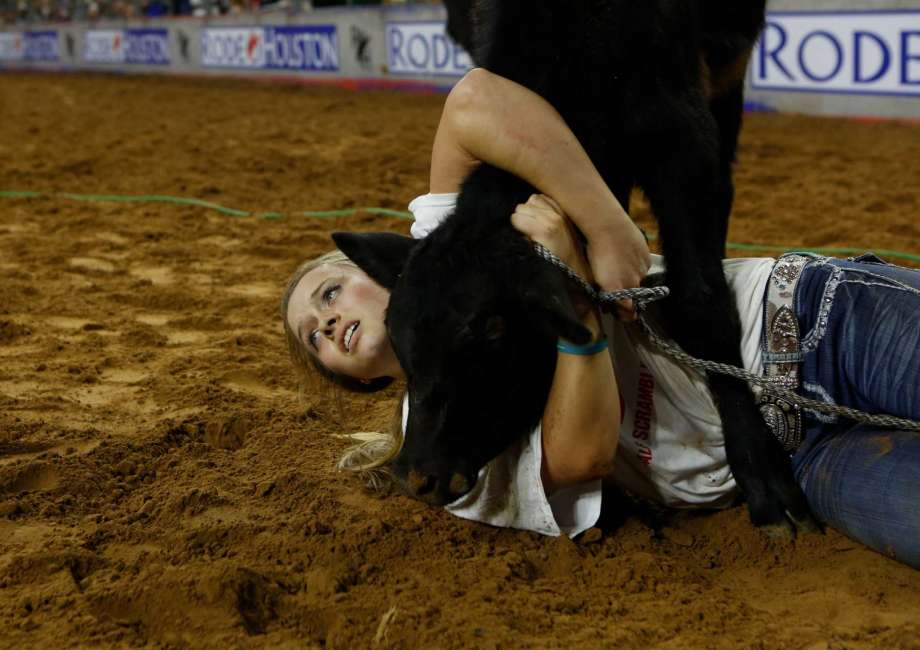When Tyler Cowen wrote his provocative 2013 Time cover story about Texas being the future of America, I pushed back a bit, wondering if the swarm of transplants to the state might change it profoundly, whether Texas as we know it–conservative, small-government, uber-capitalist–was even the future of Texas, let alone the rest of us.
In a wonderfully written article, Manny Fernandez of the New York Times explores this tension between red and blue and old and new, with lifelong Texans making a fierce stand culturally, attempting to turn their home into something of a “superstate.” The new attitude is a blend of official and unofficial initiatives that began, not coincidentally, after the election of the first African-American President. Despite the pride and ardor, it may be a last stand in this digital, multicultural age.
An excerpt:
The idea that Texas is the last place is part of a new phenomenon. People throughout the state say they believe that their way of life is under assault and that they are making a kind of last stand by simply being Texan. It is this fear, anger and sometimes paranoia that lurks beneath the surface of Texas politics and that underlies the expansion of gun rights, the reflexive antagonism toward Washington, and the opposition to abortion, same-sex marriage and other issues that seems essential for succeeding in state politics these days. Senator Ted Cruz’s remarks dismissing New York values at a Republican debate should come as no surprise. That’s how people from the last best place talk about other places.
But Texas is not under attack. It is merely changing as America changes with it. It is a majority-minority state that has become increasingly diverse and nonwhite — rural Texas is shrinking while urban and suburban Texas is expanding — and the tension between what Texas is and what it was has come to define the state.
The hard-right domination of Texas politics frustrates the state’s Democrats and plenty of others in Austin, Houston, Dallas and San Antonio. They are agitated, but they stay put because they view Texas as forever, and Republican Texas as a kind of temporary occupation. It’s hard to know if they’re right, but easy to see why people’s emotional investment in Texas transcends conservative politics.
…
As the world grows smaller, as technology obliterates the significance of where we live and work, as Americans become more transient, Texas resists. It declares, to itself and the nation: Place matters. America needs a superstate, or to put it another way, an antistate. Sometimes we love it here and sometimes we are disgusted here, but, to twist Gertrude Stein’s line about Oakland, Calif., there is a here here. We tattoo Texas on our arms, buy Texas-built trucks and climb fire escapes with Texas dirt in our pockets. Place, we are unsubtly suggesting, matters.•
Tags: Manny Fernandez

